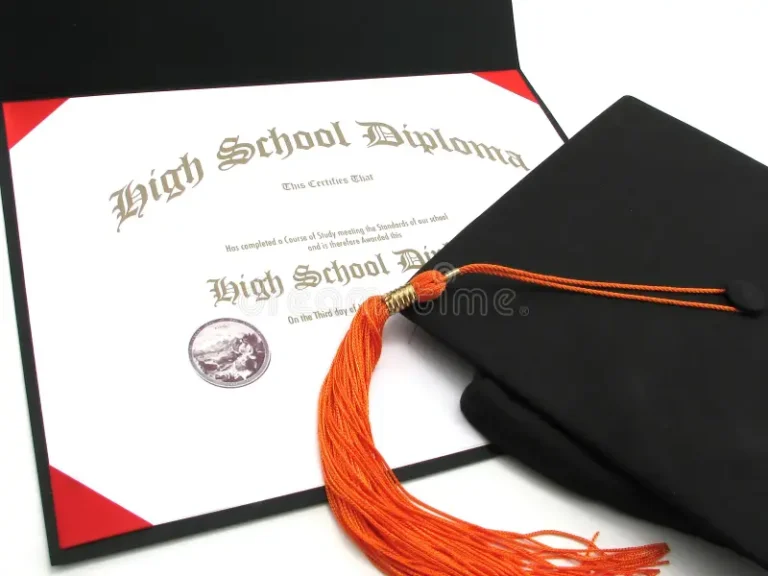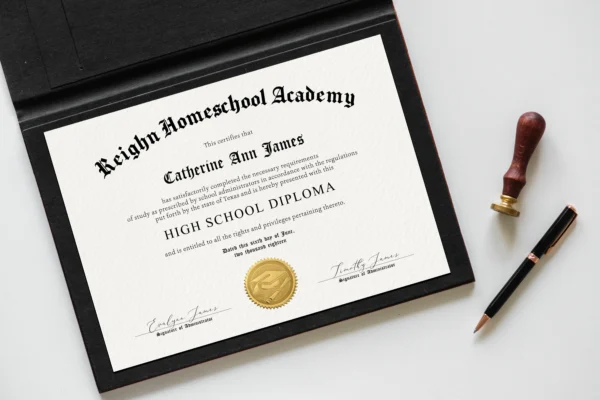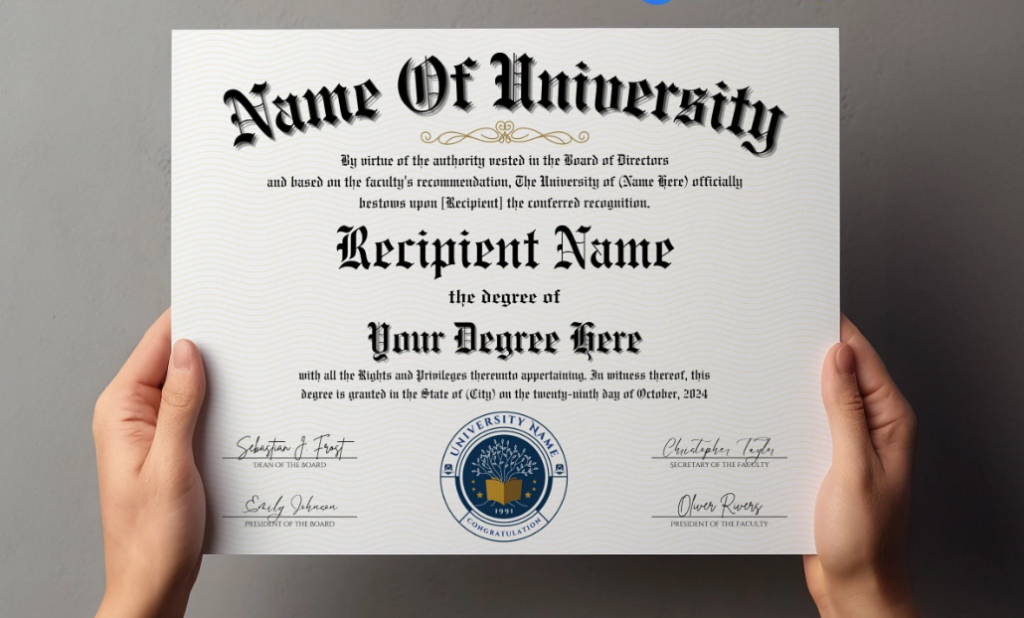Ethical Use of Diploma Makers in Diplomas

28
AUG
Ethical Use of Diploma Makers in Diplomas
Diploma makers have made it surprisingly easy to design certificates that look official. While this convenience is appealing, it also raises an important question: how can they be used without crossing ethical boundaries? After all, every diploma is more than just a piece of paper; it represents authenticity and achievement.
Still, dismissing them entirely would overlook the fact that they do have fair and acceptable purposes when applied responsibly. The real challenge, then, is not whether diploma makers should exist, but rather where the ethical line should be drawn.
To understand this balance, we will first understand what diploma makers are, and then explore the ethical use of diploma makers.
What Are Diploma Makers?
Diploma makers are systems built to design certificates that closely resemble official academic documents. The process begins with editable templates that replicate the structure of real diplomas. Once a layout is chosen, details like university names, course titles, and graduation dates are inserted with precision, making the document look highly personalized.
To push authenticity further, these tools incorporate features such as embossed seals, digital watermarks, and even holographic overlays. High-resolution printing then transfers the design onto textured paper, creating an output that feels professional in hand.
Ethical Uses Of Diploma Makers
Replacement Of Lost Or Damaged Diplomas
While official replacement diplomas can only be issued by the granting institution, some individuals turn to diploma makers for novelty purposes when their original document has been lost or damaged. In such cases, these replicas are not substitutes for official credentials but can serve as a meaningful display piece or even as a conversation piece in a home or office. Ethically, their role is limited to offering a visually accurate memento that preserves the look and memory of the achievement, without attempting to misrepresent qualifications in professional or academic settings.
Personal Display Copies
Original diplomas are often stored securely because of their vulnerability to sunlight, humidity, or accidental damage. To keep achievements visible without risking harm to the official document, diploma makers produce dedicated display copies. These duplicates, made with precision alignment software and parchment-style paper, are intended for framing in offices, conference rooms, or libraries
Film, Theater, And Media Production
In creative industries, the authenticity of props makes a noticeable difference in storytelling. A courtroom scene or a doctor’s office, for example, often requires diplomas to be visible in the background. Instead of using real documents, which could create legal or ethical conflicts, production teams rely on diploma makers to make accurate replicas tailored for cinematic use. These versions may include subtle watermarks or slight alterations to avoid misuse, while still appearing completely genuine on screen. This careful balance between realism and controlled use demonstrates how this ethical use of diploma makers supports professional needs responsibly.
Institutional Archiving And Training
Schools and universities often need working copies of diplomas for internal use. The original documents can be fragile or restricted, so replicas are a safer option. Diploma makers create copies that carefully match the real thing, including embossed seals and metallic details. These replicas help staff practice verification or allow documents to be displayed in exhibitions. Some institutions also digitize these copies to build secure archives. This way, records remain accessible and preserved, while the real diplomas stay protected.
Commemorative Diplomas and Decorative Displays
Diploma makers can create commemorative versions designed for display and sentimental value rather than official proof. These versions may feature decorative borders, protective laminates, or stylized designs for special occasions like retirements or anniversaries. Their purpose is purely celebratory, highlighting the achievement in a visually appealing way without serving as formal credentials.
Distinguishing Ethical Use From Fraud
Although diploma makers provide safe and ethical ways to display or commemorate academic achievements, it is important to understand their proper use. Most individuals wonder is using a fake diploma illegal. It is, but this applies only when a diploma is presented as an official credential without having been legitimately earned.
Replicas produced by diploma makers for display, commemorative, or decorative purposes remain entirely legal because they are clearly not intended to misrepresent qualifications. By maintaining this distinction, individuals can celebrate milestones responsibly while avoiding legal consequences.
Conclusion
The ethical use of diploma makers is essential in keeping education trustworthy and meaningful. When used responsibly, these tools protect the integrity of diplomas, ensuring each achievement is represented accurately and securely. Technologies such as watermarks or encrypted files also support this goal. Diploma makers help graduates confidently share their accomplishments while preserving the credibility of educational institutions. Ultimately, their proper use ensures that every diploma remains a genuine reflection of hard work, learning, and achievement in both real and digital spaces.




